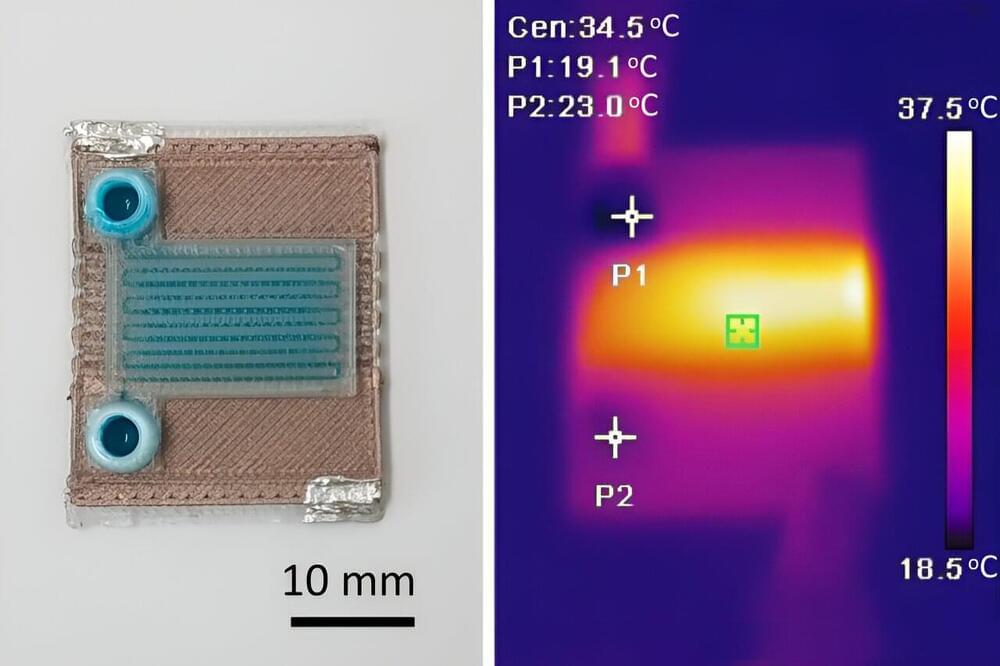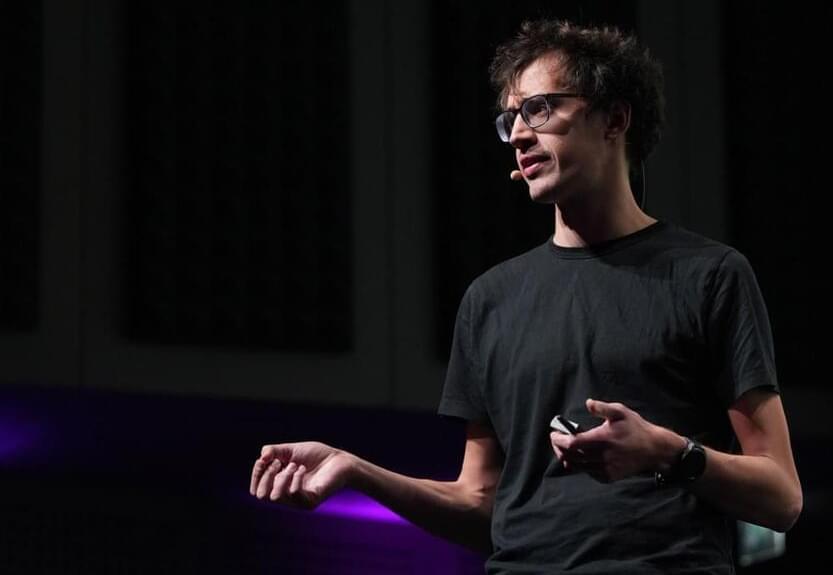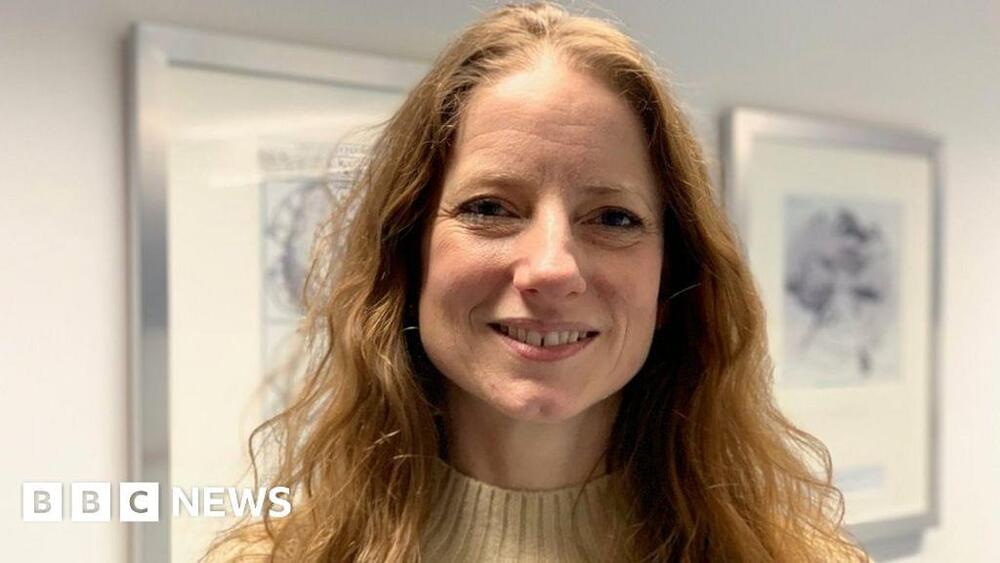Lymphatic fluid from surgical drains, which is usually tossed in the trash, is a treasure in the hands of University of Pittsburgh and Washington University School of Medicine in St. Louis researchers who found that this liquid could inform more precise treatments for patients with head and neck cancer caused by human papillomavirus (HPV).
The new study, published in Clinical Cancer Research, shows for the first time that HPV DNA in lymphatic fluid collected after surgery is a powerful biomarker that could predict risk of cancer recurrence and help clinicians decide whether to ramp up adjuvant therapies or safely de-escalate treatment for patients with HPV-positive head and neck cancer.
“Over the last decade, there has been emerging interest in liquid biopsy to pick up cancer recurrences after treatment,” said senior author José P. Zevallos, M.D., M.P.H., professor and Eugene N. Myers, chair of the Department of Otolaryngology at the Pitt School of Medicine and UPMC Hillman Cancer Center. “Our goal was to bring liquid biopsy into the curative pathway for head and neck cancer so that we can use it not just to find recurrences but also to help make treatment decisions.”






